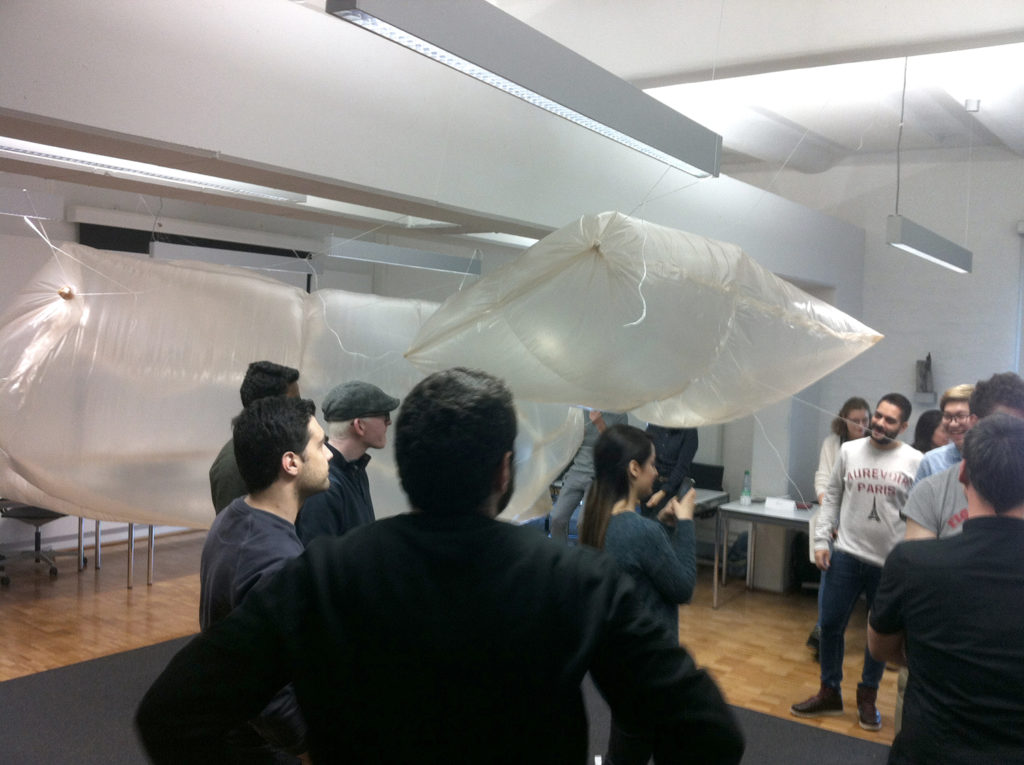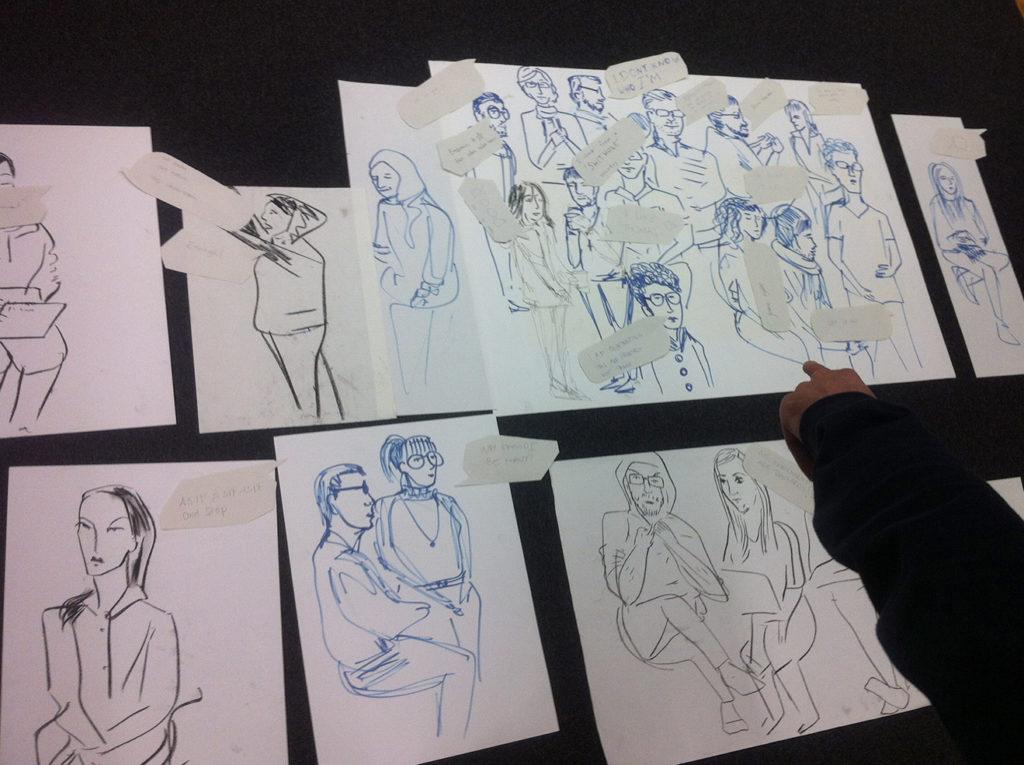This seminar examines infectious and communicative practices in rapidly emerging (digital) dislocated collectives as an approach to analyze strategies for fluctuating, transitioning identities beyond imitation and identification.
Traditionally, collectives tend to be defined by types of actions that seek to escape hierarchies, established expectations and models of authorship by engaging in collaborative practices. On the other hand, there is a common critique, specially for processes in social networks saying: there is the filter bubble effect that lies at the core of building collectives based on the technology of web-personalization. Despite being interconnected with others in a collective, every one of us might end up being caught in such an “echo chamber”.
How does the (infra)structure and the history of the internet influence this process? Of an internet, we thought there were windows, but now we recognize, there are only mirrors, and in the meantime we are being faced with more and more – not just information, but the world itself. A question could be: A question could be: How does this network want to condition our minds and bodies? What part might structures of decision making play in this? (for exp. AI-Software)How is the network (for example: Internet) able to choreograph the transitions? Which performative structures and technologies influence this process?
The seminar will explore: Are there new ways of gathering, as well as new strategies and structures of communicating that facilitate future forms of participation or possiblities to rehearse and to repeat „Being Many“? How to be many?
As an introduction during the seminar we will discuss these phenomena with a range of theoretical approaches (by Judith Butler, Sybille Peters, Bruno Latour, Geert Lovink, Hito Steyerl, Hans Ulrich Obrist in Conversation with Julian Assange, Metahaven, Keller Easterling and Nick Bostrom, Ross Ashby). Designs and artistic projects conceived at this edge will constitute a core element.
What are we planning to do?
Reading, Thinking, Speculating, Discussing, Performing and Writing.

By staging the Bruno Latour’s actor-network theory , the students were able to experience complex theoretical ideas hands on and tackle concepts such as collectivity, utopian social structures and filter bubbles.
Students presenting: The Art of Being Many, Towards a New Theory and Practice of Gathering, editors: geheimagentur, martin Jörg Schäfer, Vassilis S. Tsianos
